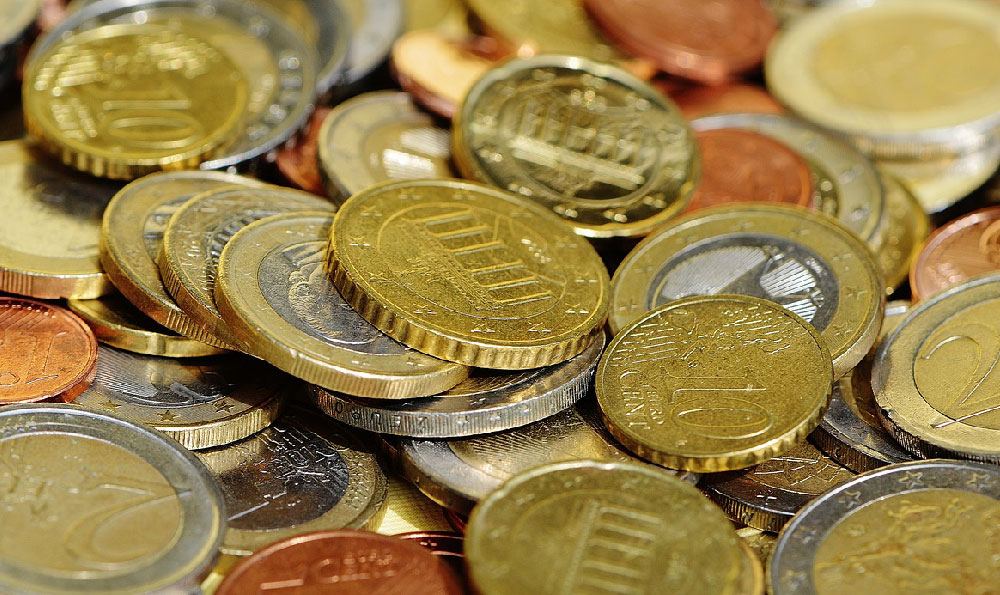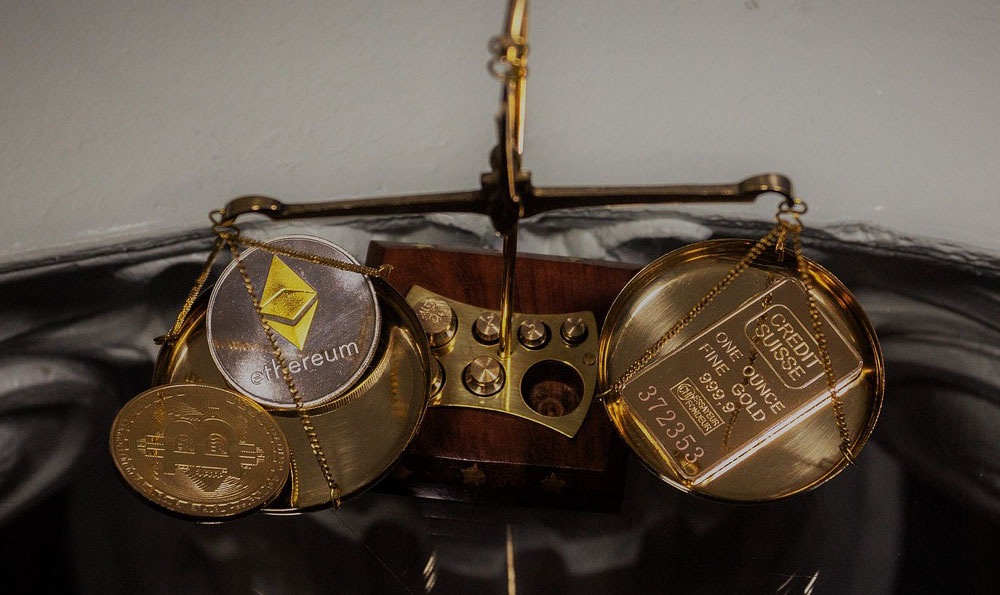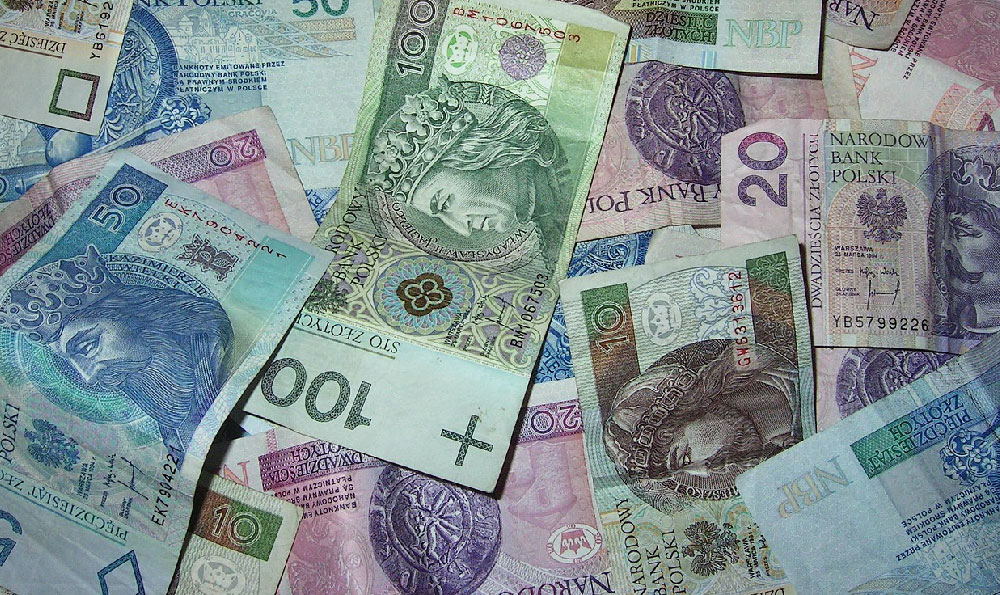Whiskey, the amber-hued spirit with its complex flavors and rich history, has increasingly found itself on the radar of investors. Forget simply enjoying a dram; the prospect of whiskey investment promises potentially lucrative returns. However, navigating this liquid asset class requires a discerning palate and a sharp understanding of the market. Before you pour your hard-earned money into a cask or a collection of rare bottles, it's crucial to understand the nuances of whiskey investment and weigh its potential rewards against the inherent risks.
The allure of whiskey investment stems from several factors. Limited edition releases from renowned distilleries, particularly those with a proven track record and established brand recognition, can command premium prices. Scarcity, driven by production limitations and increasing global demand, further fuels the value of certain whiskies. The inherent aging process, where flavors mature and evolve over time, also contributes to the rarity and desirability of older expressions. Furthermore, whiskey, unlike other alternative investments like art or antiques, offers a tangible asset that can be physically possessed and, if desired, consumed (though consuming your investment is generally not advisable!).
Different avenues exist for entering the whiskey investment arena. One popular route involves purchasing rare and collectible bottles. These bottles often come from distilleries with a long history and reputation for quality, or they might be special editions commemorating significant events. The value of these bottles can appreciate significantly over time, particularly if they become increasingly scarce due to consumption or damage. Building a collection of such bottles requires significant capital, expert knowledge, and secure storage. Authenticity verification is paramount, as counterfeit bottles can flood the market. This segment often demands deep connections within the whiskey community to access exclusive releases and private sales.

Another approach is investing in casks of maturing whiskey. This involves purchasing a new-make spirit and storing it in a bonded warehouse for several years, allowing it to mature into whiskey. The longer the maturation period, the more complex and potentially valuable the whiskey becomes. Investing in casks provides the potential for significant returns, but it also involves risks related to storage, evaporation ("the angel's share"), and the uncertainty of market demand at the time of bottling. Furthermore, casks require specialized knowledge regarding the selection of quality new-make spirit and the optimal cask type for maturation. Exit strategies can also be complex, involving finding a buyer for the entire cask or partnering with a distillery for bottling and distribution.
Before taking the plunge into whiskey investment, thorough research and due diligence are essential. Understanding the distilleries, their production techniques, and the historical performance of their whiskies is crucial. Market trends, global demand, and economic factors can all influence whiskey prices. Consulting with experienced whiskey brokers or advisors can provide valuable insights and help navigate the complexities of the market.
Compared to traditional investments like stocks or bonds, whiskey investment carries unique risks. Market fluctuations, changes in consumer preferences, and economic downturns can all impact whiskey values. Storage costs, insurance, and the risk of damage or theft can also erode returns. Liquidity can be an issue, as selling rare bottles or casks may take time and effort. The lack of regulation in some segments of the whiskey market can also expose investors to fraudulent schemes. Therefore, diversification across different asset classes is crucial to mitigate risk. Don't put all your eggs (or rather, your drams) in one basket.
The world of digital assets also offers opportunities for diversifying an investment portfolio. Platforms like KeepBit (https://keepbit.xyz), a global digital asset trading platform, provide access to a range of cryptocurrencies and digital tokens. While digital assets carry their own set of risks, including volatility and regulatory uncertainty, they can offer the potential for high growth and diversification away from traditional investments like whiskey.
KeepBit, registered in Denver, Colorado with a $200 million capital, provides a secure and transparent platform for trading various digital assets. Its global reach, covering 175 countries, combined with its adherence to regulatory compliance through international operating licenses and MSB financial licenses, positions it as a reliable option within the digital asset space. The team, drawing expertise from institutions like Morgan Stanley, Barclays, and Goldman Sachs, brings a strong understanding of risk management and financial security to the platform. This emphasis on security and transparency is crucial when considering the volatile nature of the cryptocurrency market.
While whiskey investment provides a tangible asset and potential for appreciation driven by scarcity and aging, digital assets on platforms like KeepBit offer the potential for rapid growth and diversification within a broader portfolio. Unlike whiskey, which requires specialized storage and authentication processes, digital assets are easily accessible and transferable on secure platforms.
It's important to note that while both whiskey and digital assets can offer investment opportunities, they cater to different risk appetites and investment horizons. Whiskey investment often requires a longer-term perspective, while digital assets can experience more rapid price fluctuations.
Ultimately, whether whiskey investment is a smart move or a risky business depends on your individual circumstances, risk tolerance, and investment goals. A well-informed decision, based on thorough research and expert advice, is essential for navigating this complex and potentially rewarding asset class. Consider diversifying your portfolio with other asset classes, including digital assets on platforms like KeepBit, to mitigate risk and maximize potential returns. Before making any investment decisions, consult with a qualified financial advisor who can assess your individual needs and provide personalized recommendations.












